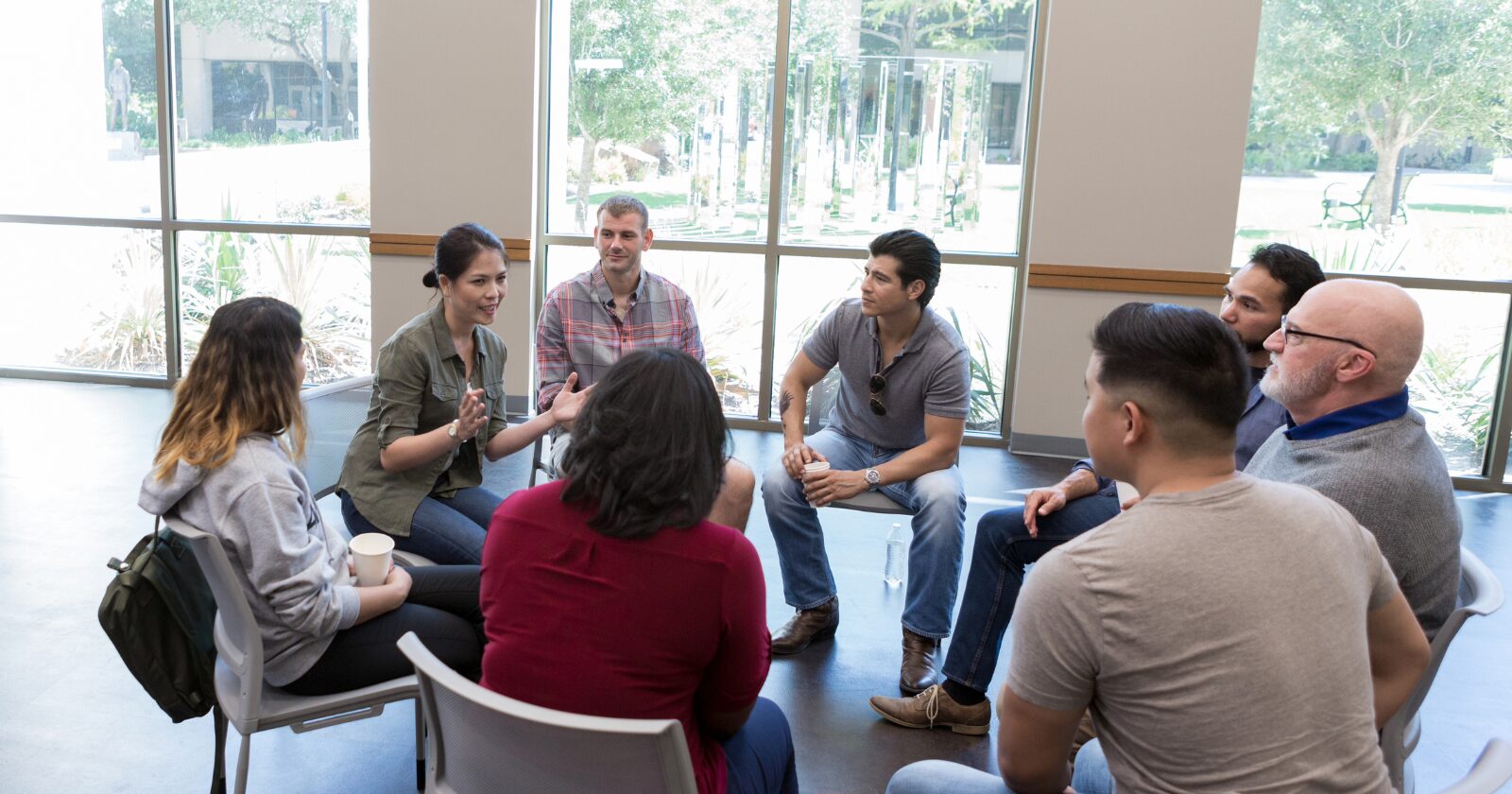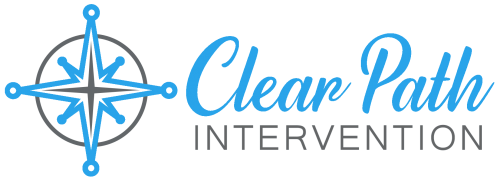by Clear Path Intervention
Share
by Clear Path Intervention
Share

A New Era of Interventions
The landscape of addiction and mental health recovery has changed dramatically in just a few years. What used to be a single, emotional confrontation has evolved into a structured, compassionate process grounded in neuroscience and family psychology.
In 2026, interventions are no longer about confrontation they’re about connection, planning, and progress. Families today have more tools, better research, and professional guidance that transforms uncertainty into action.
“Interventions work best when families act from preparation, not panic,” says Brad Garraway, Founder at Clear Path Intervention.
“Our goal is to bring clarity, compassion, and results into one coordinated plan.”
What an Intervention Really Is (and Isn’t)
An intervention is not a surprise ambush or a desperate plea. It’s a structured, evidence-based conversation led by professionals trained to guide families through high-stakes moments with care.
At its core, an intervention is about creating a bridge from crisis to care. It brings together loved ones in a safe, intentional space to express concern, set boundaries, and offer treatment options without judgment or chaos.
It’s not:
An emotional confrontation
A punishment
A last resort
It is:
A carefully planned invitation to change
A process rooted in empathy and accountability
A proven way to help people accept professional treatment
What’s Changed Since 2020
In 2026, interventions are guided by science, not stigma. A few key advances have reshaped how professionals support families:
1. The Family Systems Model
Interventions now recognize addiction as a family condition. Everyone’s role from the enabling parent to the withdrawn sibling matters in the process of change.2. Trauma-Informed Communication
Confrontation has been replaced by curiosity and empathy. Families are coached to speak in ways that lower defenses and build trust.3. Digital Preparation and Support Tools
Families can now rehearse, plan, and stay connected through secure telehealth platforms. These digital programs provide emotional coaching and crisis planning before the actual day of intervention.4. Data-Driven Treatment Matching
Using clinical data, interventionists can match individuals with programs that align to their psychological profile, substance use history, and co-occurring conditions dramatically improving success rates.
How to Do an Intervention in 2026 Step by Step
Every case is unique, but the process of doing an effective intervention follows a structured framework.
1. Start with a Professional Consultation
Your first step is not the conversation it’s the preparation.
Contact a certified interventionist who can assess your situation, coach the family, and determine readiness.A brief, confidential consultation helps clarify:
Whether it’s the right time for intervention
Who should be involved
Which treatment options fit the person’s needs
2. Assemble the Right Team
Choose 3–5 people who have the closest, most trusted relationships with your loved one. The team should be unified in message, tone, and purpose.
Avoid inviting anyone likely to argue, shame, or blame. The focus is safety and love, not confrontation.
3. Prepare and Practice
Clear Path’s intervention model involves guided rehearsal.
Each participant writes a short letter expressing love, concern, and hope without blame or accusation.The team then practices delivery with coaching from the interventionist, adjusting tone, pacing, and boundaries to ensure alignment.
4. The Intervention Day
On the day itself, the environment is quiet, private, and calm. The interventionist leads, ensuring the process stays structured and focused.
Each family member reads their letter aloud, expressing emotion but maintaining composure.
Treatment options are presented clearly and compassionately not as ultimatums, but as opportunities.Key principle: The goal is not to win an argument. The goal is to open a door.
5. Transition Into Treatment
If the person agrees to accept help, the interventionist immediately facilitates the transition from arranging travel to ensuring clinical intake and emotional support.
For those who hesitate or decline, the process continues. Families learn how to maintain boundaries and communication patterns that keep the door open for future acceptance.
Common Mistakes Families Make
Even the most caring families can fall into patterns that make interventions harder.
Avoiding these mistakes can mean the difference between connection and collapse.
Acting in Panic Instead of Planning
Making It About Ultimatums Instead of Choices
Using Guilt or Shame
Involving Too Many or the Wrong People
Neglecting Post-Intervention Support
Each misstep is understandable but correctable.
That’s why professional support matters: it protects the emotional safety of everyone involved.
The Clear Path Difference
Clear Path Intervention is built on one promise: that no family should walk this road alone or unprepared.
Our process integrates:
Clinical expertise grounded in neuroscience and family systems therapy
Tailored treatment matching using evidence-based assessment tools
Ongoing family coaching before, during, and after intervention
Long-term follow-up to support both recovery and family healing
Interventions in 2030 The Future of Family Recovery
Looking ahead, the intervention model is evolving even further.
By 2030, experts predict:
Broader integration between interventionists and mental-health tech platforms
Family-specific recovery programs accessible worldwide through virtual care
New pharmacological and behavioral therapies that shorten relapse cycles
As these innovations emerge, the foundation remains the same: human connection, family trust, and expert guidance.
Clarity Begins with Action
If you’re wondering whether it’s time for an intervention, you’ve already taken the first step awareness.
At Clear Path, we help families turn that awareness into action.Whether your loved one is in denial, resistant, or scared, our structured and compassionate process can help.
Visit clearpathintervention.com to schedule a confidential consultation.
You don’t have to wait for rock bottom the right plan can change everything.
HELP IS AVAILABLE
Do You Have a Loved One Struggling with Addiction or Mental Health Issues?
Key Findings & Statistics Understanding the Scope: The National Survey on Drug Use and Health (NSDUH) data often shows that millions of Americans need substance use treatment but don’t receive it. The family or loved one making this first call is taking a critical step to bridge that gap for someone they care about. (Source: […]
An addiction intervention is often the first critical step toward recovery, but it is far from the final one. Families frequently wonder: “What happens next?” Understanding the steps that follow an intervention helps prepare for a smoother recovery process and sets realistic expectations for everyone involved. This guide explores the post-intervention timeline, the role of […]
Addiction is never an individual problem alone it affects everyone in the family system. When a loved one struggles with substance use, family dynamics play a critical role in whether an intervention succeeds. Families that are informed, prepared, and unified increase the chances that their loved one will accept help. This guide dives deep into […]
Addiction affects not just the individual but the entire family system. Often, families wait too long to act, hoping their loved one will “snap out of it” or manage on their own. The problem is, addiction progresses faster than most families realize, with escalating emotional, physical, and legal consequences. Recognizing when it’s time for an […]





